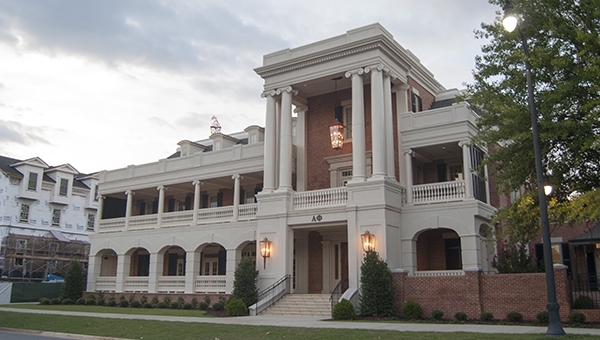Long before the levees broke in Hurricane Katrina, the state of Louisiana has struggled. Some of the disasters are problems from within the state such as corruption and political incompetence while others are outside the state’s control such as the BP oil spill or the FEMA response after Katrina. It is no surprise that the higher education system of a state struggles when a state has taken as many body blows as Louisiana in the last ten years. Decreases in state support of higher education has led to the closing of academic programs and LSU even threatened to declare financial exigency. However, the latest round of problems for LSU are a manmade disaster that leads me to say to future prospective LSU faculty: Don’t take a faculty job at LSU.

LSU has a long history of problems regarding the way the institution treats faculty.





